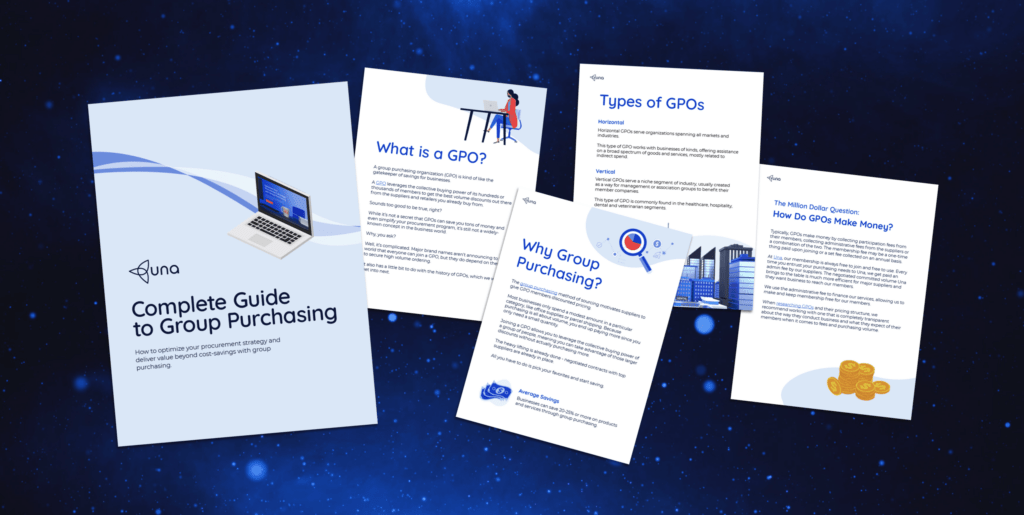Alibaba Supply Chain Explained
By Una Staff | August 21, 2017
This post has been updated for clarity.
What began in 1999 with 18 people meeting in a small studio apartment in China has become a worldwide company with over 100,000 full-time employees. With that kind of growth and global conquest, they must be doing something right. What exactly is it that they do and how do they do it so well? What can we all learn from the Alibaba supply chain model?
A shorter list might be what the Alibaba Group doesn’t do.
Making it easy to do business
The Alibaba Group helps connect exporters in China with companies all over the world. They offer online marketing, cloud computing, digital media and entertainment and a logistics operation. Alibaba’s goal is to “build the future of infrastructure of commerce.”
Getting started
Jack Ma, a former English teach from Hangzhou, China began the company in his home with the shared vision of leveling the playing field for small enterprises by leveraging technology to grow and compete in the domestic and global economies.
With that vision at the core of their business model, the Alibaba Group has grown into a global leader in online and mobile commerce. Today the company leads wholesale and retail online marketplaces as well as digital offerings such as advertising and marketing services, electronic payment, cloud-based computing and network services and mobile solutions, among others.
Overview
According to their website, the Alibaba Group provides underlying technology infrastructure and marketing to help merchants, brands and other businesses that provide products, services and digital content to leverage the power of the Internet to engage with their users and customers. Alibaba’s Ant Financial provides financial and payment services to consumers and merchants as well.
To give the elevator pitch to an unfamiliar North American, Alibaba is China’s answer to Amazon, eBay, and PayPal all rolled into one platform.
Solutions for everyone
Both buyers and sellers can find what they need at Alibaba. Buyers, including consumers who come to shop retail as well as business buyers who come to source products for use in their own business, can access the marketplaces free of charge. Sellers (brands, retailers, wholesalers and manufacturers) can use the marketplaces to get their brand in front of millions of eyes and to market their products and services to mass consumers as well as other businesses.
The Alibaba Group also provides cloud computing services to a wide range of their customers including merchants, systems integrators, mobile app developers and digital entertainment companies all over the world.
Jack Ma chose the name Alibaba because it is, “well-known around the world and it can be easily pronounced in many languages. E-commerce is global, so we needed a name that was globally recognized. Alibaba brings to mind “open sesame,” representing that our platforms open a doorway to fortune for small businesses.” If Alibaba stirs up memories of magic carpets and genies for you, it was intentional.
Alibaba has offices in China, Hong Kong, Singapore and the US along with data information centers in China, Indonesia, Malaysia, India, Australia, Singapore, Germany, Japan, the US and others.
Going forward, Alibaba remains committed to continuing to pioneer and shape the infrastructure of commerce by finding the right balance between technology and business. Doing this ensures they’re striving to make it easy to do business anywhere.



